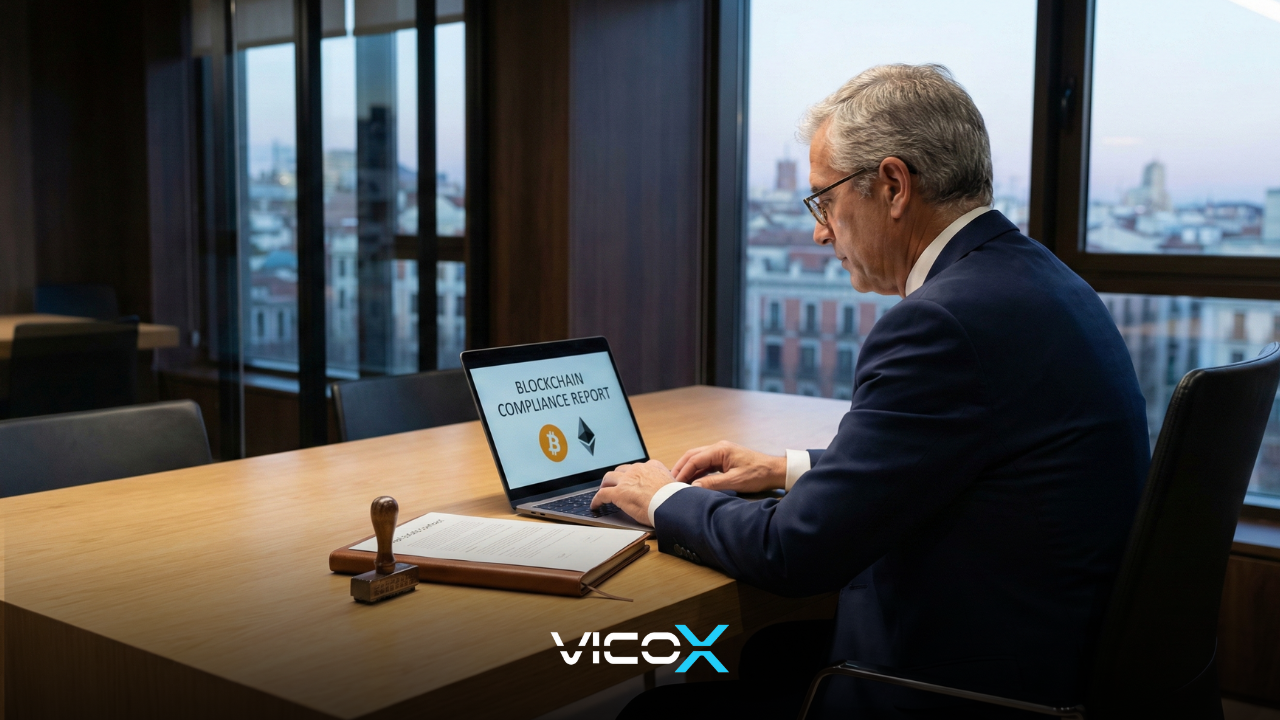In recent months, the use of holding companies as a tool for family business restructuring in Spain has come under increased scrutiny. Traditionally employed to optimise tax planning, streamline business control, and facilitate generational wealth transfers, these structures now face significant legal uncertainty due to recent decisions from the Spanish tax authorities.
At the heart of the issue lies a new interpretative shift by the Central Economic-Administrative Court (TEAC), which is significantly impacting family-owned groups and investors seeking to reorganise their assets efficiently.
What Is a Holding Company and Why Has It Been Used?
A holding company is a legal entity primarily created to hold and manage shares in other businesses. It serves as the “parent” of a group of subsidiaries and has long been a preferred structure for family businesses due to several advantages:
- Centralised asset control
- Simplified inheritance and succession planning
- Access to favourable tax treatment under Spain’s special tax regime for mergers and corporate reorganisations (known as the FEAC regime)
This regime allows for tax deferral on capital gains when assets are transferred in a non-cash contribution, provided the transaction is supported by valid economic reasons beyond mere tax benefits.
TEAC’s New Approach: A Legal Turning Point
Since early 2024, the TEAC has issued several rulings that reinterpret how contributions of shares to holding companies are assessed under the FEAC regime. The two most disruptive developments are:
1. Deferral as a “Tax Advantage”
The TEAC now considers that if the main purpose of a corporate restructuring is to delay tax payments, the operation constitutes an improper tax benefit and should not qualify for deferral. This stricter interpretation undermines many standard holding structures previously accepted under Spanish tax law.
2. Dividend-Based Regularisation
Rather than adjusting the operation immediately, the TEAC’s new line of reasoning suggests that tax adjustments should occur as dividends are distributed from the transferred entities. This effectively creates a tax time bomb, exposing family groups to unexpected liabilities years after the initial transaction.
Practical Consequences: Family Restructuring on Hold
These rulings have already led to a significant slowdown in planned family restructurings. Many business owners are now postponing or cancelling holding company formations due to the risk of audits, penalties, and retroactive tax claims.
Legal Challenges and Prolonged Uncertainty
Several of the TEAC’s rulings have been appealed before the Spanish National Court, and it’s likely the matter will eventually reach the Supreme Court. Until final judgments are issued, legal uncertainty will persist, leaving many business families and advisers in a state of caution.
What Should Family Groups and Investors Do?
In the current climate, the creation of a holding company should be approached with strategic legal and tax planning. Recommended actions include:
- Clearly documenting economic motivations for each transaction
- Requesting prior binding rulings from the Spanish Directorate-General for Taxation
- Avoiding purely tax-driven restructurings
These steps can help reduce exposure to risk and improve the defensibility of the structure in the event of a challenge by the Tax Authorities.
Conclusion
The recent change in TEAC’s interpretation marks a critical shift in how holding companies are treated for tax purposes in Spain. While the legal debate continues to unfold, companies and family groups should proceed with caution, ensuring that all restructuring operations are well-justified, documented, and legally sound to navigate the current climate of uncertainty.




